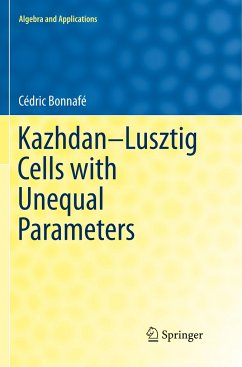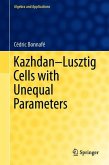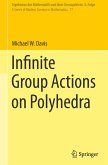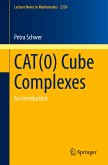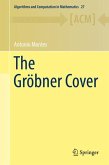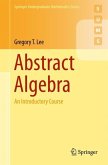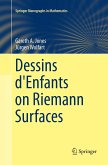This monograph provides a comprehensive introduction to the Kazhdan-Lusztig theory of cells in the broader context of the unequal parameter case.
Serving as a useful reference, the present volume offers a synthesis of significant advances made since Lusztig's seminal work on the subject was published in 2002. The focus lies on the combinatorics of the partition into cells for general Coxeter groups, with special attention given to induction methods, cellular maps and the role of Lusztig's conjectures. Using only algebraic and combinatorial methods, the author carefully develops proofs, discusses open conjectures, and presents recent research, including a chapter on the action of the cactus group.
Kazhdan-Lusztig Cells with Unequal Parameters will appeal to graduate students and researchers interested in related subject areas, such as Lie theory, representation theory, and combinatorics of Coxeter groups. Useful examples and various exercises make this book suitable for self-study and use alongside lecture courses.
Information for readers: The character {\mathbb{Z}} has been corrupted in the print edition of this book and appears incorrectly with a diagonal line running through the symbol.
Serving as a useful reference, the present volume offers a synthesis of significant advances made since Lusztig's seminal work on the subject was published in 2002. The focus lies on the combinatorics of the partition into cells for general Coxeter groups, with special attention given to induction methods, cellular maps and the role of Lusztig's conjectures. Using only algebraic and combinatorial methods, the author carefully develops proofs, discusses open conjectures, and presents recent research, including a chapter on the action of the cactus group.
Kazhdan-Lusztig Cells with Unequal Parameters will appeal to graduate students and researchers interested in related subject areas, such as Lie theory, representation theory, and combinatorics of Coxeter groups. Useful examples and various exercises make this book suitable for self-study and use alongside lecture courses.
Information for readers: The character {\mathbb{Z}} has been corrupted in the print edition of this book and appears incorrectly with a diagonal line running through the symbol.

